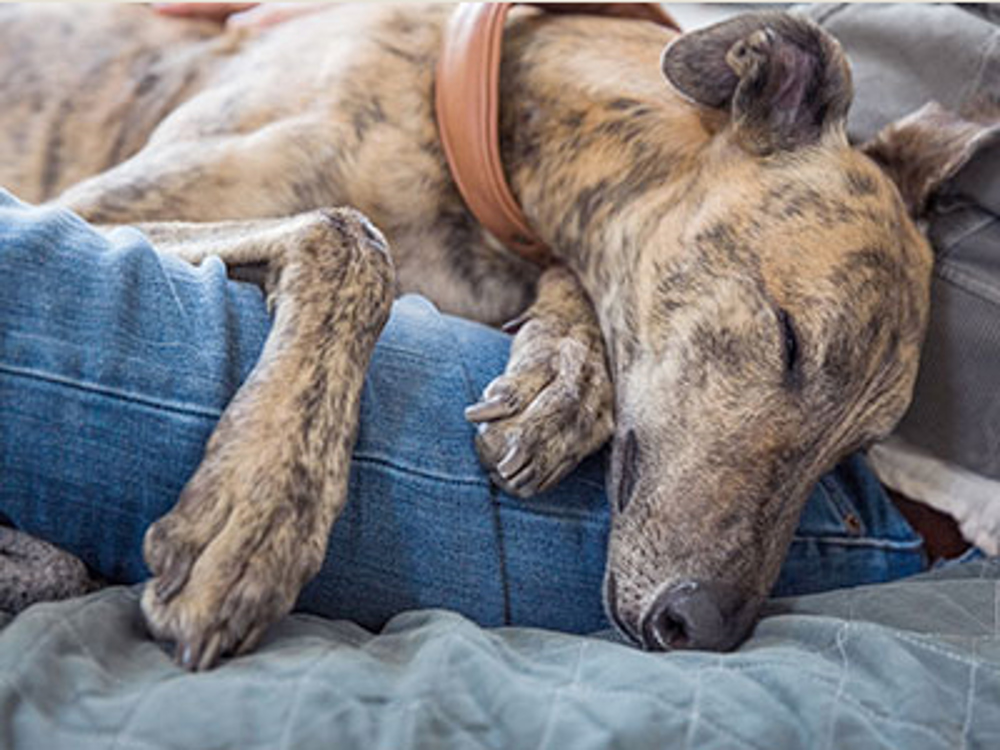
The Kennel Club Breed Rescue organisations rehome approximately 10,000 dogs each year. For over 25 years we have supported rescue organisations by publishing a directory of the many general and breed rescue organisations that exist around the UK.
Our commitment to rescue continues to grow as we work ever more closely with breed rescue organisations, to support them to find the right homes for pedigree dogs in the UK. Breed rescue organisations have specialist knowledge about their particular breeds and can advise on the type of environment and care that these dogs require.
Find a rescue dog
Our Find a Rescue service is a useful tool for anyone looking to rehome, or rescue a pet and is a valuable source of information for the general public, veterinary surgeries, dog wardens, police, dog clubs and other welfare organisations.

What to consider when getting a rescue dog
Rehoming a rescue dog is very rewarding; you can help give an abandoned dog a new, happy life with you and your family. However, it's good to know what their background is before you decide to rehome them, as this may affect their behaviour in a variety of ways.
Rescue dogs: the pros and cons
Many rescue dogs have been uprooted from a loving family by some misfortune. Some may have been abused or neglected and will need a lot of patience and care to recover from the trauma they've already experienced in their short lives.
On the upside, rescued dogs are usually more than 6 months old, are house trained, and mainly past the 'chewing everything' stage, which means they are normally happy to be welcomed into a loving home.
Health questions
Rescue dogs may be neutered and should be vaccinated and relatively healthy before purchase. A dog on medication for an ear infection or arthritis can easily go to a new home; a dog with heartworm or an active respiratory or intestinal infection should stay put until the disease is cured to avoid the stress of relocation while undergoing treatment.
Behavioural concerns
Most rescue dogs have had at least one home and sometimes many homes. They can come with behavioural issues due to the fact that they may have been rejected at least once and, in some cases, a number of times.
Some will have been in kennels or a rescue centre for some considerable time. This will have an effect on dogs, especially those that are normally used to family life and constant attention. The dog may have been put in a rescue centre because of behavioural problems, which could include toileting indoors, excessive barking or destructive tendencies.
The initial adjustment can be difficult as the dog may need to learn to trust again or perhaps for the first time. Separation anxiety, fear of noises and attempts to run away are common. But once past the first few months, when the dog learns to depend on the kindness of its new owners, then the bond is forged. While it isn't always an easy, straightforward path, it's an exceptionally rewarding experience for both you and your new four-legged friend.
Next steps:
- Visit Find a Rescue to help you find the right four-legged friend
- Still not sure? Read more about finding the right dog
